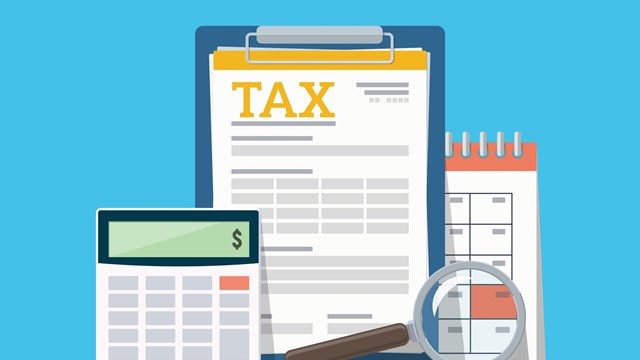Now the board rents them for about $1,000 per month. Additionally, we rented a co-op-owned one bedroom for about $1,220 per month. As other units became vacant, the push was to rent these as well. Total income runs about $296,000 annually.
At our annual shareholders meeting, the 80/20 rule was brought up. The debate centered on whether the rule was triggered by “income” or “occupancy.” What is “good income” vs. “bad income?” And finally, if it is income, then are Housing Development Fund Corporations, so-called “low to moderate” income HDFC’s exempt from the rule?
—HDFC Board President
“The 80/20 rule requires that no less than 80 percent of the cooperator’s income (“good income”) must derive directly from shareholders of the cooperative (maintenance income). In contrast, no more than 20 percent of the cooperative’s income (“bad income”) is derived from non-shareholders (commercial rents obtained from stores or professional units owned by the cooperative). If a cooperative collects more than 20 percent of this “bad income,” the cooperative loses its right to pass onto its shareholders the proportionate share of the building’s underlying mortgage interest and real estate taxes.
“The writer indicates that they may be approaching this threshold by renting out the cooperative’s apartments. Clearly, the income derived by the corporation by leasing units to a rental resident is categorized as “bad income.” I would advise the writer to consult with the cooperative’s accountant and attorney. Some cooperatives that have received rental apartments as a result of sponsor defaults have found a way around the problem (e.g. forming a different corporation for the rentals).
“Housing Development Fund Corporations or HDFC’s are not exempt from this federal Internal Revenue Service code. I would say however, that in general, these types of cooperative shareholders might not itemize when the shareholder files his individual tax return, so they are not using the real estate tax and mortgage interest deduction.
“I would suggest to the writer to take a survey of the shareholders to inquire whether or not the shareholders itemize deductions when filing their tax returns. If no one does, then losing this deduction will not matter. If that is the case, the cooperative should advise any future shareholders of the non-deductibility of real estate and mortgage interest.”







3 Comments
Leave a Comment